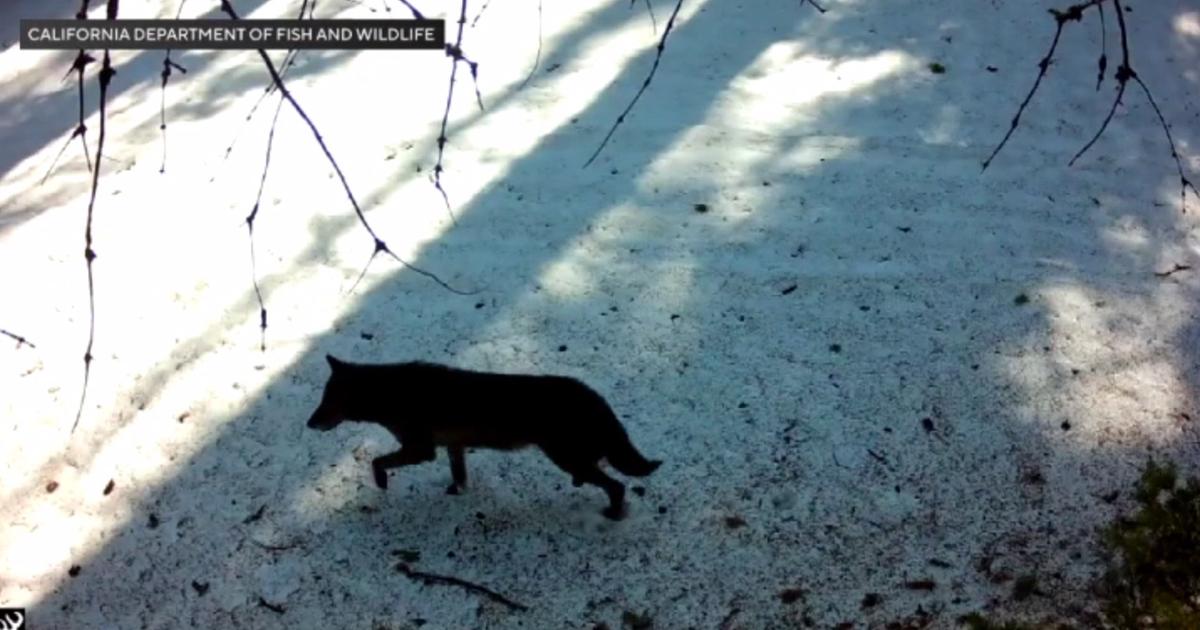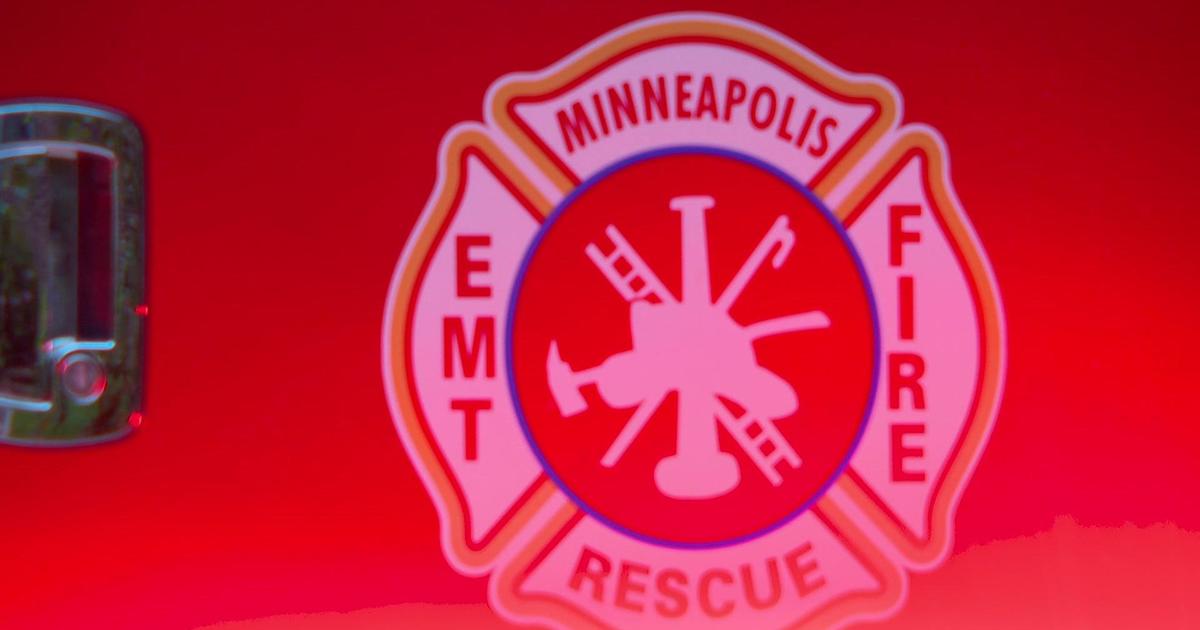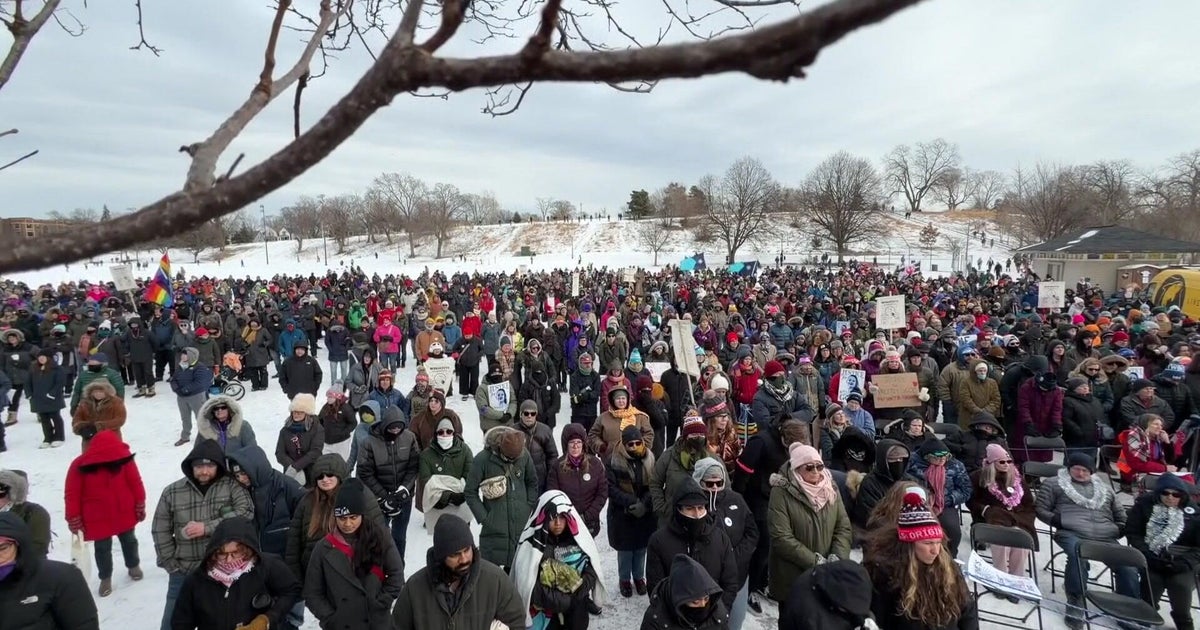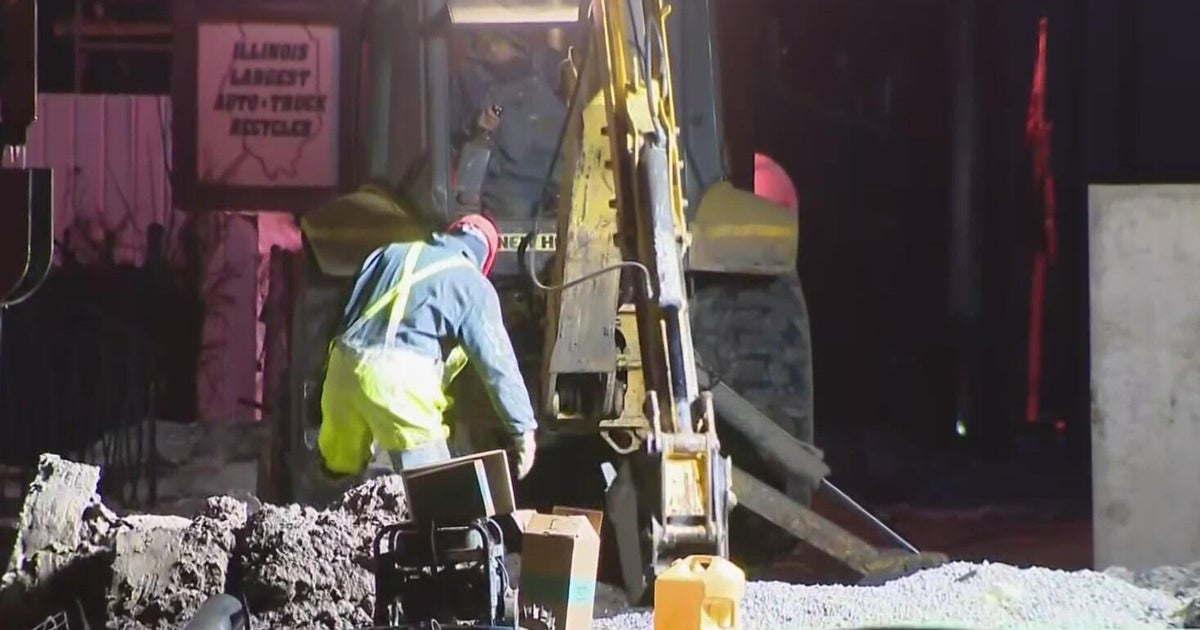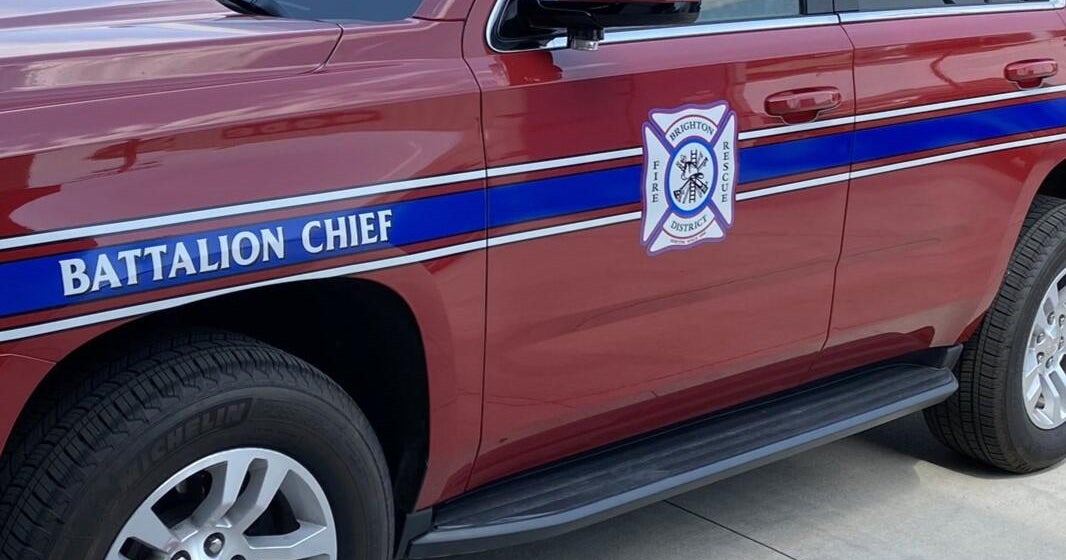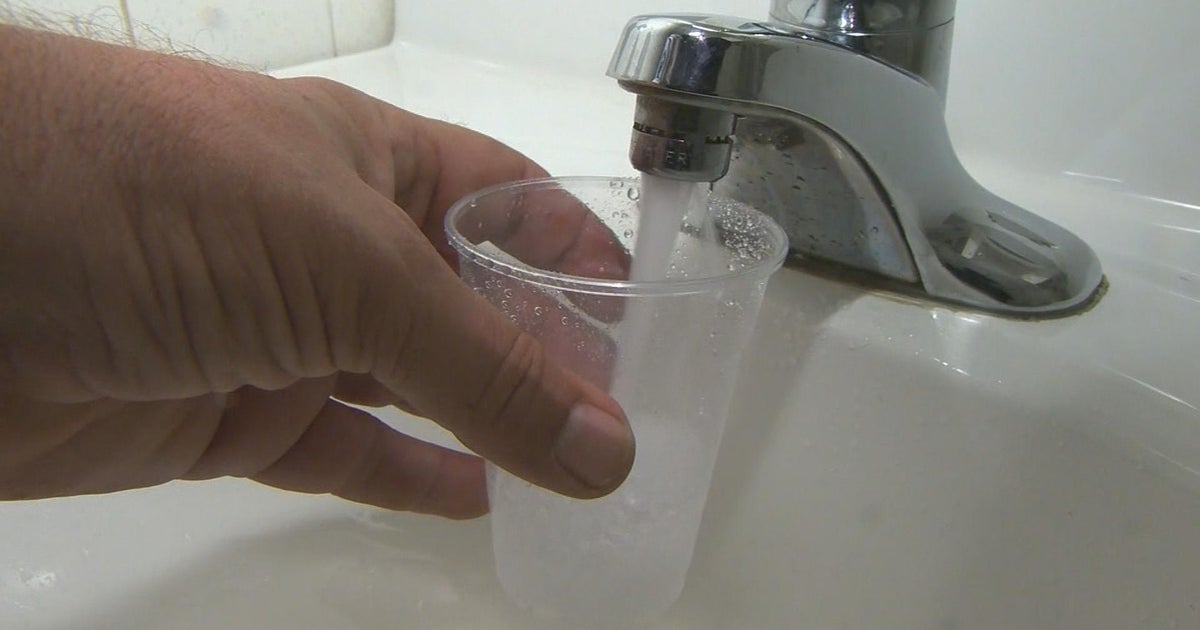Good Question: How Does Coffee Become Decaf?
MINNEAPOLIS (WCCO) -- For millions of us, we start every morning with a cup of coffee. Most of us choose regular, fully-caffeinated coffee, but many drink decaf. So, how does coffee get decaffeinated?
"There's typically two different methods," said Tim Chapdelaine, vice president of sales at Café Imports in Minneapolis. His company imports coffee beans from around the world and sells them to coffee roasters, at shops like Bull Run, Dogwood, and Dunn Brothers.
According to Chapdelaine, "there's about 2,000 different chemicals in coffee," and caffeine is one of those natural chemicals.
There's no such thing as a decaf bean, although Chapdelaine said that researchers have been working on that for at least 10 years.
Removing it isn't easy.
One technique: the chemical method.
"You run water, which contains a solvent -- it can be methylene chloride or ethyl acetate -- through the bean. Those solvents bond readily with caffeine and leave a lot of the flavor behind in the coffee," said Chapdelaine.
Ethyl acetate is found naturally in fruits, and both of these techniques are safe for people's health, according to Chapdelaine.
"The other process is the water process," he said. "It basically has a solution that has all the flavors of coffee in it which exactly matches the coffee bean. That solution is put with the coffee bean, and by osmosis the caffeine migrates to the solution."
In both cases, the caffeine is extracted from the bean, and left behind.
"You're left with a sludge, which turns into a white powder caffeine, which can be sold to beverage manufacturers," said Chapdelaine.
So, people drinking decaf provide the natural caffeine that ends up in Pepsi or Coke.
In other caffeine facts, dark roast coffee actually has less caffeine than light roast. The roasting process cooks off a tiny, tiny bit of caffeine.
Cheaper Robusta beans have more caffeine than specialty Arabica beans, "perhaps 150 percent to 200 percent more," he said.
Espresso has less caffeine than regular brewed coffee.
"It's because water spends less time in contact with the coffee generally," he said.
Beans that have been decaffeinated can cost between 50 cents to a $1 more per pound. That's why decaf can be more expensive, or roasters compensate by using cheaper beans on the front end.
